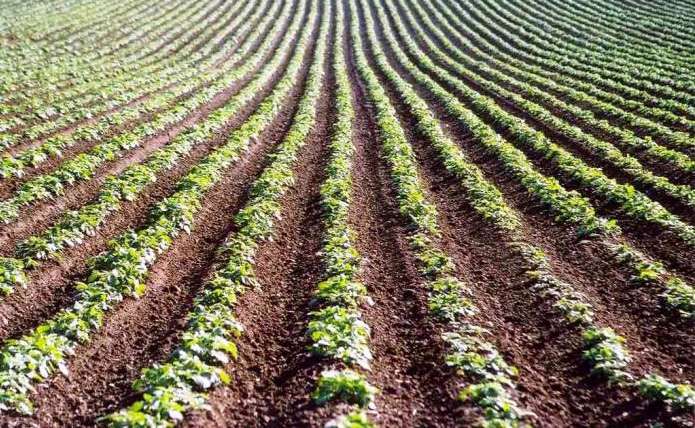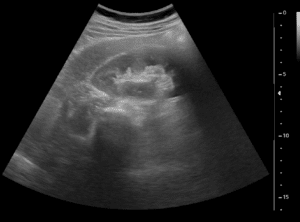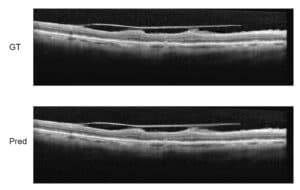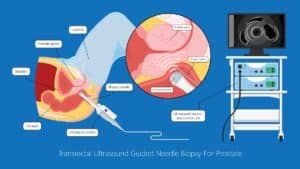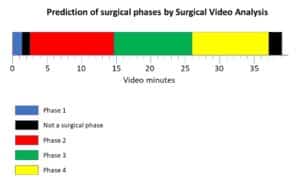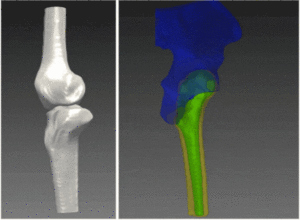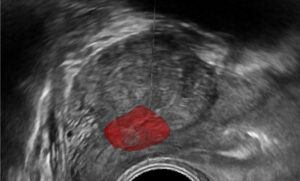.
Precision agriculture methodologies
The market share of methods and equipment linked to precision agriculture is growing at a fast paste, and is expected to reach 6 billion USD by 2021. This growth is due to the expected rise in population, increase demand for plant-based products and increasing monitoring over health hazards from agricultural products. Precision agriculture methodologies are also expected to leave a positive impact on developing countries, due to the reduced use of scarce resources, the resulting improved quality of yield and increased accessibility to software and hardware in agriculture management planning.
Visual sensory information plays a key role in the construction of management plans for farms, ranging from airborne unmanned drones to tractor mounted cameras used to automatically navigate machinery in complex environment. Computer vision algorithm then provides the framework in which the collected data are translated into proactive plan.
.
Computer vision for precision agriculture
The opportunities to utilize computer vision and machine learning algorithms to reduce costs for farmers are huge. For example: machine learning can be applied to detect fruit diseases from uploaded cellphone camera images, thus allowing timely intervention; real-time detection of weed from tractors allow to apply herbicides in the right place and to reduce the use of chemicals; water leaks can be detected in large fields by infrared cameras. As part of a production line, cameras installed above conveyor belts can be used to sort and grade agricultural products in real-time; cameras in greenhouses can be used to track plant growth state; animals tracking cameras can be used to automatically monitor their behavior and give timely alert in case of individual disease, thus reducing chances of an epidemic.
Sophistication of computer vision algorithms operating in precision agriculture and precise farming are expected to rise due to the complexity of outdoor ground and weather conditions in which they operate. No off-the-shelf algorithms exists, which can account for the huge variability encountered in animal behavior, weather, soil, and other environmental conditions in real applications. Therefore, we at RSIP Vision construct tailor-made computer vision and machine learning algorithms in order to face the challenging outdoor and indoor conditions and meet accuracy demands from our clients in the agricultural field. RSIP Vision brings to its projects three decades of experience in constructing algorithms in computer vision, image processing and machine learning. We have a long standing record of success. Please visit our project page, news, and magazine to learn more about RSIP Vision’s activity around the globe.

